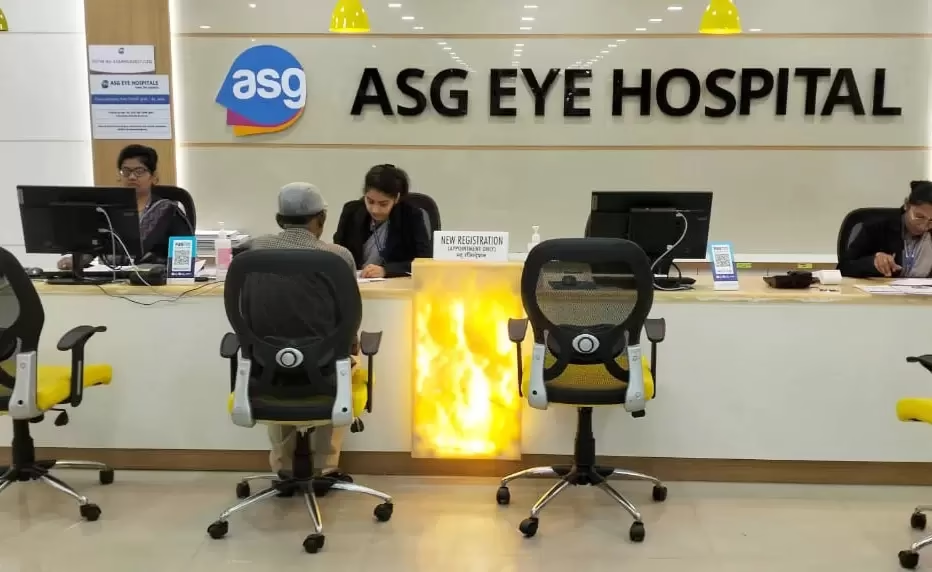In a pioneering move, Mumbai’s P.D .Hinduja Hospital & Medical Research Centre in Mahim has launched what it claims is India’s first-ever ‘Living Will’ Clinic. The facility aims to help individuals proactively make legal, informed choices about future medical treatments in the event they are unable to speak for themselves due to illness or incapacitation.
What is a Living Will?
A living will is a legal document that allows a person to express their preferences regarding medical treatment in situations where they can no longer communicate such as during a coma, late-stage dementia, or a terminal illness. Through this document, individuals can specify whether they wish to accept or refuse certain life-sustaining interventions like:
- CPR (Cardiopulmonary Resuscitation)
- Mechanical ventilation
- Tube feeding
- Dialysis
- Palliative care only (pain management without curative treatment)
When Does a Living Will Come Into Play?
The living will is only activated if the person:
- Is no longer able to make medical decisions
- Is terminally ill or in a permanent vegetative state (depending on applicable laws)
What Will the Living Will’ Clinic Do?
The newly launched clinic guides people through the process of creating a legally recognized living will. It ensures that their healthcare choices are clearly documented and respected, even when they can no longer voice them.
Dr. Smriti Khanna, a consultant in Palliative Medicine at the hospital, explains that anyone aged 18 and above whether healthy or diagnosed with a chronic or terminal illness can create a living will. She notes that the document can be updated or withdrawn anytime, but the process of cancellation and re-issuance must follow the same legal protocol as the original.
“Each time you revise your living will, it’s crucial to inform your healthcare provider, family members, medical power of attorney, and send an updated copy to the local municipal or panchayat authority,” Dr. Khanna emphasized.
Bridging a Critical Gap in Healthcare
Dr. Roop Gursahani, Section Head of Neurology at the hospital, said the clinic addresses a crucial gap in India’s healthcare system: the lack of preparedness when patients become non-communicative. “Families often face the burden of making hard medical choices without knowing what the patient would have wanted. This clinic empowers people to make those decisions ahead of time, while they still can,” he said.
What Does Indian Law Say?
As per a landmark 2018 Supreme Court ruling, individuals can legally prepare a living will and appoint at least two trusted representatives such as family members, close friends, or colleagues to make healthcare decisions on their behalf when needed. These appointed individuals must be over 18 and should ideally live nearby so they can be easily reached in emergencies. Their role is to ensure that the patient’s documented wishes are followed to the letter.




